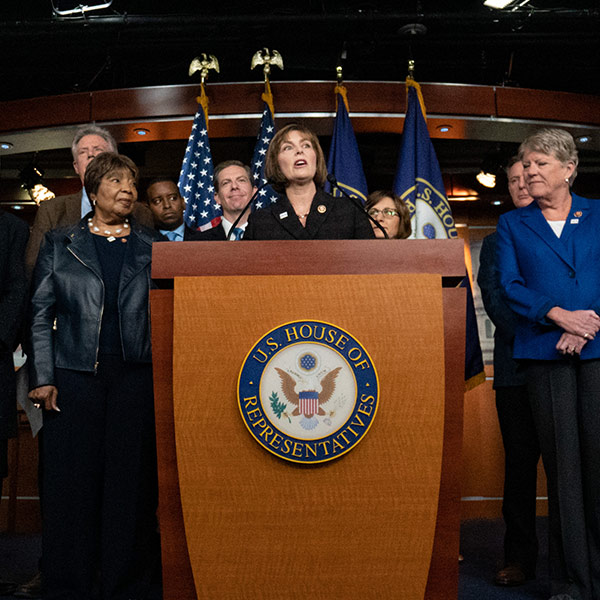With less than a month to go before a July 29 deadline for completing tariff changes, CAISO on Tuesday presented the Western Energy Imbalance Market’s Governing Body with its plan for accommodating hybrid generation and storage resources.
The EIM Governing Body plays an advisory role to CAISO’s Board of Governors on its hybrid resources initiative. With thousands of megawatts in the interconnection queue, the ISO is trying to move swiftly to develop policies to let the combined resources take part in its market, but it has concerns too.
CAISO said it adopted the tight timeline because it is trying bring more resources online in anticipation of potential shortfalls during the next three summers and to make up for the impending retirement of aging natural gas plants.
The California Public Utilities Commission required load-serving entities under its jurisdiction to procure 3,300 MW of capacity by 2023. In response, LSEs proposed integrating some hybrid resources into the market as soon as this fall. CAISO must complete its work by the end of July to allow FERC 90 days to approve tariff changes before the resources go live, the ISO said.
“This is a quick one because these things are coming online really soon, and we need to make sure we have the policy around it,” CAISO CEO Steve Berberich told the EIM Governing Body.
However, he urged the body members not to be too hasty in making any recommendations that could undermine the ISO’s ability to control the grid. For instance, hybrid co-located resources can operate as a single unit for dispatch purposes or be separated into battery and generation components to be dispatched separately.
Some stakeholders have urged the single-unit approach. Berberich asked for patience.
“There’s a whole lot of uncertainty and debate,” he said. “Keep in mind we have policy, and we have to operate the grid. And operating the grid with separate [scheduling coordinator] IDs on these things, we think, probably gives us more flexibility, but we’re not certain of it.
“We need some experience in operating these things” before locking in policies that could prove detrimental, he said.
The Governing Body members said they generally supported the recommendations of CAISO staff. They agreed to take the matter under advisement and provide feedback to the ISO board at an upcoming meeting.
“I’m all for additional capacity we can get for the system,” said John Prescott, who was elected by fellow members June 30 as the new chair of the Governing Body. Prescott took over from Carl Linvill in a position that rotates among the body’s five members annually.
“As you know, that’s kind of the No. 1 issue we really face in the system today, and it’s a shame that we don’t grab all this capacity now,” Prescott said. “But I also hear from the experts saying that, ‘You know, you got a controllability issue, and you need to think through this before you just kind of open the gates and create a problem.’”
Some stakeholders feel the process is rushed, CAISO staff said. But EIM Body Member Anita Decker, who was named vice chair, said she hoped CAISO would act “with some aggressiveness” to resolve stakeholder concerns and bring resources online.
The CAISO board is planning to take up the issue at its meetings in July, with final draft tariff language due July 29.
The integration of hybrid resources is expected to be a major issue for CAISO and other organized markets, as battery storage paired with renewables plays an ever greater role.
“The ISO anticipates the quantity of mixed-fuel resources will increase significantly in the coming years,” CAISO staff wrote in their second revised straw proposal on hybrid resources in April. “Today, there is relatively little interconnected to the ISO grid; however, the interconnection queue includes more than 24,000 MW of mixed-fuel projects, including nearly 20,000 MW of storage. This represents roughly half of all generation in the interconnection queue currently.”
Other RTOs and ISOs are dealing with similar circumstances, and FERC has called a technical conference for July 23 to discuss the issue. (See FERC, RTOs Need to Set Hybrid Rules, Experts Say and FERC Sets Tech Conference on Hybrid Resources.)





